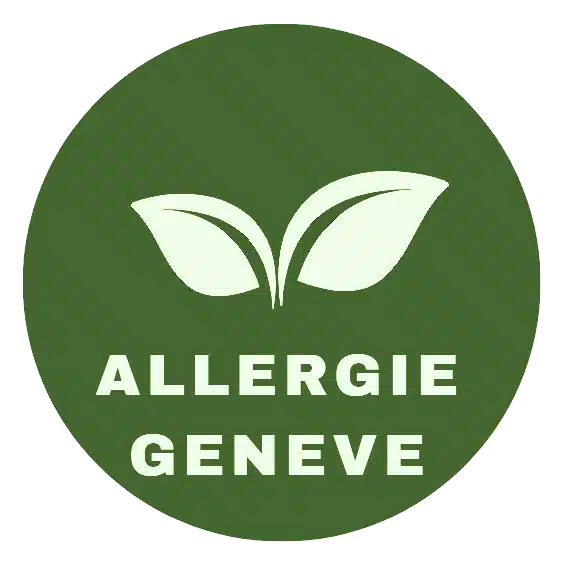
Allergological assessment
1ʳᵉ consultation: medical history and clinical examination
This first step is essential.
This is what enables the allergist to determine the most likely diagnosis, the necessary investigations and the treatments to be considered.
A first treatment is immediately prescribed to relieve the patient.
Following consultations: allergological medical examinations
Skin tests: Prick tests
These tests provide a rapid response, enabling confirmation of the diagnosis suspected during the initial consultation.
These tests are performed on most allergens that cause immediate reactions, and involve painlessly penetrating a very small quantity of allergen into the skin:
- pollens: trees, grasses, herbs
- animal hair: cat, dog, etc.
- foods: peanuts, milk, fruit, meat, fish, etc.
- drugs: penicillin, etc.
- wasp and bee
Lung function: Spirometry
This test is used to assess the extent of allergic asthma andinflammation bronchial inflammation
It also enables you to monitor the progress and success of your treatment.
Blood sampling
Allows, if necessary, to look for allergy antibodies: Immunoglobulin type E, and to look for the presence of eosinophils in the blood count.
Oral challenge test
The oral provocation test is performed with food or medication.
In reality, the oral provocation test is used to demonstrate the absence of allergy, in order to either reintroduce the offending product, or determine a replacement substance, as in the case of drug allergy, where we are looking for a possible antibiotic.
Patch tests
These tests are used to detect contact allergens responsible for allergic contact eczema. Tests can be prepared from suspected substances (cosmetics, etc.).
They involve putting the allergen in contact with the skin, and are read 3 days later.
Once the allergen has been identified, it can be avoided.
Final consultation: determining treatment
Depending on the patient’s medical history, clinical examination and investigations, appropriate treatment is proposed.
At this stage, we can decide whether desensitization is recommended.
Latest articles


DOG DOG

FOOD

ALLERGY MECHANISM

REACTION TO DRUGS


